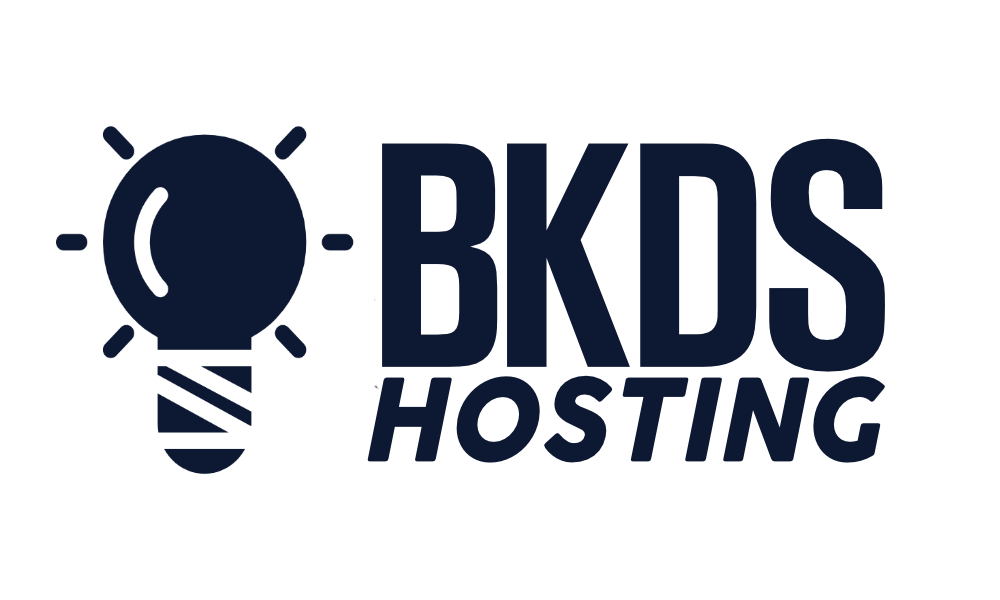In today's digital age, the scalability of small businesses is significantly influenced by their choice of web hosting services. It is of cardinal importance that business owners understand the intrinsic relationship between their hosting plan and the potential for future growth. A suitable web hosting service not only offers the necessary bandwidth, storage, and speed, but it also provides robust security protocols to safeguard the website and its data. However, with the multitude of hosting options available, the decision-making process can become daunting. As we navigate through this discussion, we aim to demystify the complexities involved in selecting the right web hosting service for your business, and explore how it can become an instrumental part of your scalability strategy.
Understanding Web Hosting Needs

To fully comprehend the intricacies of web hosting for your small business, it is imperative to first understand your specific hosting needs, which may vary based on factors such as your website's size, traffic, and functionality requirements. This understanding is pivotal in selecting the right web hosting services that align with your business goals and ensure scalability.
Web hosting plays a significant role in establishing a robust online presence. It involves storing your website on a server, making it accessible to internet users. There are primarily two types of hosting plans: shared and dedicated hosting. Shared hosting plans are cost-effective but may not cater to high-traffic sites due to limited resources. On the other hand, dedicated hosting provides a server solely for your website, offering more control and resources, but at a higher cost.
In essence, understanding your web hosting needs is about assessing your site's demands and matching them with the offered services. This process helps small businesses strike a balance between maintaining an effective online presence and managing hosting costs. It's a critical step towards scaling your business in the digital landscape.
Evaluating Potential Web Hosting Services
Having established the importance of understanding your business's specific hosting needs, it becomes crucial to adeptly evaluate potential web hosting services that can effectively satisfy these requirements and prop up your digital growth.
When evaluating potential hosting providers, it is essential to consider what each web hosting service offers. To facilitate this process, here are four critical aspects to consider:
- Cost-effectiveness: A web hosting plan should provide excellent value for money. Remember, cheap is not always cost-effective. High-quality, reliable service often justifies a slightly higher cost.
- Uptime Guarantee: Downtime can be detrimental for small businesses. Therefore, opt for hosting providers that offer an uptime guarantee of 99.9%.
- Customer Support: Excellent customer support is vital, especially when technical issues arise. Look for providers offering 24/7 support.
- Server Type: Depending on your business's size and needs, you may opt for a shared server or a dedicated server. The latter offers more control and resources but at a higher cost.
Beyond these, look for a provider that can scale their services alongside your business scalability. This way, as your business grows, so too does your hosting plan's ability to support it.
Key Aspects of Scalable Web Hosting

As your business evolves, it becomes increasingly crucial to understand the key aspects of scalable web hosting, such as scalability, security, adaptability, hosting options based on company size, and cost-effectiveness. A reliable web hosting company is fundamental in ensuring the scalability for businesses, particularly small and online-dependent ones.
Selecting the right hosting provider not only allows you to host multiple websites but also guarantees the best web hosting experience. Businesses, especially the small ones, should choose a hosting option that is adaptable to their changing needs and can safeguard their online presence.
| Aspect | Description | Importance |
|---|---|---|
| Scalability | Ability to grow and handle increased traffic | Ensures Business Web can accommodate growth |
| Security | Protects against data breaches and cyber threats | Safeguards customer information |
| Adaptability | Can adjust based on business needs | Allows flexibility in operations |
| Hosting options | Various plans based on business size | Provides suitable solutions for different sizes of businesses |
| Cost-effectiveness | Affordability and value for money | Ensures the best return on investment |
Transitioning to a Scalable Hosting Plan
Understanding your current website traffic and resource needs is the first critical step in transitioning to a scalable hosting plan, as this helps determine the level of scalability required for your business. This process enables you to select a web hosting provider that can effectively support small business scalability.
When choosing a web hosting plan, consider the following key factors:
- Seamless scalability: Your web hosting provider should offer easy upgrade options to accommodate increased web traffic and data as your business grows.
- Dedicated resources: The hosting plan should offer dedicated server hosting to ensure your website performs optimally even during peak traffic periods.
- Long-term potential: The web hosting plan should support your business's long-term growth without causing interruptions or downtime.
- Cost-effectiveness: The hosting costs should not outweigh the benefits of scalability. Look for a plan that offers a good balance between cost and performance.
Case Studies of Successful Scalability

Numerous case studies of successful scalability provide insightful illustrations of how businesses have effectively expanded their web presence, adeptly handling increased traffic and demands through strategic web hosting plan adaptations. These companies understood the Scalability Potential of their site, made the decision to choose a web hosting provider that offered solutions tailored to their growth trajectory.
One notable example features a small start-up that, anticipating rapid expansion, opted for VPS hosting. The scalability and control this hosting server option offered allowed the company to handle a sudden surge in traffic without compromising the website's performance. This resulted in a seamless customer journey, boosting customer retention and overall success.
Another case study highlights the advantages of cloud hosting. This business, facing variable traffic, found that cloud hosting offers the flexibility to scale resources up or down according to demand, ensuring excellent customer support and user experience.
In both instances, the businesses understood that choosing the right website hosting plan wasn't just about meeting current needs, but anticipating future growth. These case studies underscore the importance of viewing web hosting as a strategic tool for scalability, demonstrating that the right hosting solutions can pave the way for sustainable growth.
Conclusion
In conclusion, the appropriate web hosting plan is a pivotal element in ensuring the scalability of small enterprises. This plan not only accommodates growth but also safeguards the website and customer data. By understanding hosting needs, evaluating services, and transitioning to scalable plans, businesses can achieve successful scalability. The significance of web hosting in small business scalability is further exemplified through various case studies. Thus, small businesses must prioritize choosing the right web hosting plan for ongoing growth and security.

